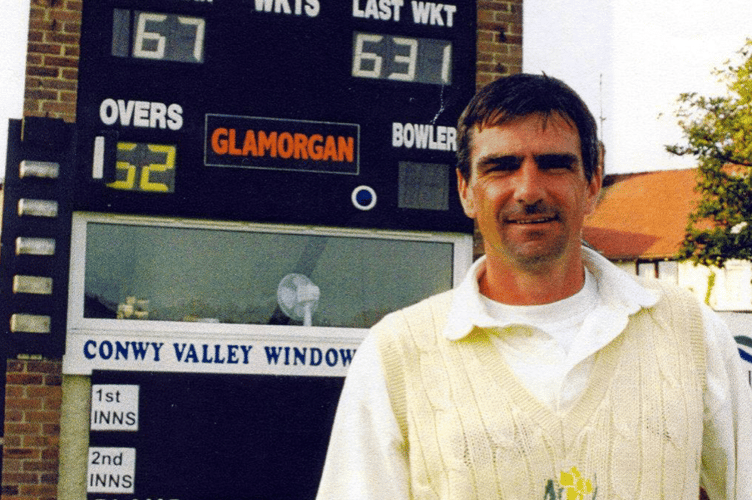THE 21-YEAR-OLD daughter of Forest sports star Steve James "would not have died" from a combination of sepsis, pneumonia and Crohn's disease if she had been treated more rapidly, a coroner has ruled.
South Wales coroner Patricia Morgan said "a number of delays" had "more than minimally contributed" to Bethan James' death in February 2020.
Delivering a narrative verdict after a hearing at Pontypridd Coroners Court, Ms Morgan said that while "conflicting opinions" had been expressed about her treatment in the three weeks leading up to her death, paramedics who attended her home in Cardiff hours before her death could have alerted hospital staff to her condition and "earlier treatment would have commenced".
"On balance, she would not have died," said the coroner, a conclusion her family described as "heartbreaking".
The former England and Glamorgan cricketer, who coaches cricket at his former school Haberdashers’ Monmouth, and who also played rugby for Lydney and Gloucestershire, was in Dublin covering the Ireland v Wales match for The Times when she fell critically ill on Saturday, February 8, and died in hospital hours later.

Bethan, who hoped to follow her father into the media, was studying journalism at the University of South Wales at the time.
The inquest heard she had attended the University Hospital of Wales (UHW) "on numerous occasions" in January and February and was diagnosed with pneumonia having recently learnt she also suffered with Crohn's disease.
She was unable to complete a course of antibiotics because of nausea, vomiting and other side effects, but was "reluctant" to return to hospital after staff had been "dismissive" of her condition, her mother told the inquest.
Delivering her narrative conclusion, Ms Morgan said sepsis was the immediate cause of death, underpinned by pneumonia and in all likelihood Crohn's as well.
The coroner said that if the ambulance crew summoned by Mrs James to her daughter's home had alerted the hospital about how sick she was, Bethan would have been immediately admitted to the resuscitation area of the emergency department.
Expert witness Dr Chris Danbury, an intensive care consultant at University Hospital of Southampton, had "expressed a strong view that the outcome would have been different for Bethan if she had been subject to a pre-alert and admitted into resus immediately".
"Had this direct admission to resus and prompter recognition and treatment occurred, then cardiac arrest would not have occurred when it did, which would have enabled more time for other specialities to become involved in Bethan's care,” added the coroner.
Barrister Richard Booth KC read a statement from the family after the ruling, saying: "It is heartbreaking to know that with appropriate treatment, Bethan would not have died.
"At 21 and just finishing her journalism degree, our beautiful Bethan had a brilliant and full life ahead of her, but it was taken away by a catalogue of errors that could so easily have been avoided by better listening, understanding, recognition and actions by health care staff.
"Sepsis is still not spotted quickly enough, and this was a tragic example."
Her family also called on the Welsh Government to follow England in giving patients and families a right to a second opinion on care options, known as Martha's Rule.





Comments
This article has no comments yet. Be the first to leave a comment.